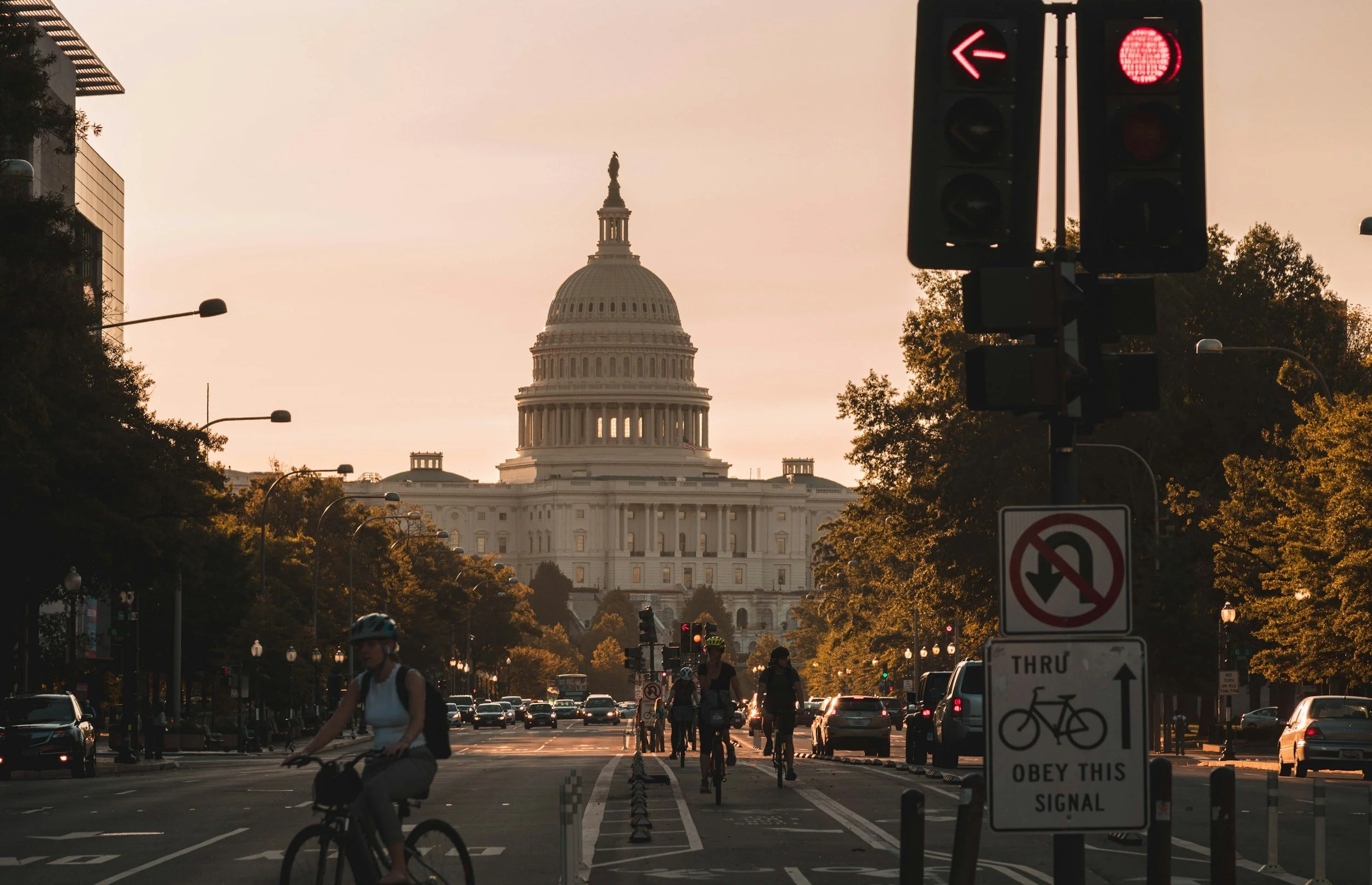Civics education strengthens national security
Across the United States, civics education—a foundational pillar of democracy—is quietly disappearing from classrooms. Ironically, this decline is championed by those who loudly declare their patriotism and profess a steadfast commitment to national security. Yet, the erosion of civics education poses one of the most critical and overlooked national security threats today.

When citizens lack a clear understanding of how government functions, their frustration often manifests in distrust and, alarmingly, can escalate toward radicalization. Without knowledge of civic procedures, the path from dissatisfaction to meaningful reform appears blocked, making the dangerous allure of violent upheaval appear as the only viable option for change. This misunderstanding profoundly destabilizes society from within.
Consider the January 6th insurrection—arguably one of the most severe internal threats to American democracy in recent history. At its core was a fundamental misunderstanding, perpetuated by misinformation, about how democratic processes work. The rioters believed that their only recourse was direct, violent confrontation. Had effective civics education been more widely accessible and prioritized, more citizens might have understood that their dissatisfaction could be addressed through sustained civic engagement, activism at the local and state levels, and participation in democratic institutions.
History repeatedly demonstrates that genuine and lasting change often begins at the local level, slowly ascending to the federal stage. Take for example, the legalization of cannabis in the United States. While not yet federally legal, with every state that passes legislation to legalize cannabis, federal legalization becomes more of and inevitability. Effective civics education equips citizens with the tools to advocate for their interests, engage meaningfully with their communities, and understand that the government is not an inaccessible monolith, but rather a series of interwoven structures designed to respond—albeit gradually—to public demand.
Ironically, conservative-led initiatives across various states have accelerated the defunding of civics programs, framing them as unnecessary or even politically biased. Yet these actions paradoxically undermine the very stability and unity they aim to protect. Civics education does not indoctrinate—it empowers. It provides a clear blueprint for peaceful, systemic, and structural reform, reducing the vulnerability of citizens to radical ideologies that exploit frustration and ignorance.
A robust, reinvigorated commitment to civics education can, therefore, serve as a powerful bulwark against radicalization. It promotes active citizenship, fosters trust in democratic institutions, and ensures that societal change comes through ballots rather than bullets.
To protect national security genuinely, policymakers, educators, and citizens must reframe civics education not as a mere curriculum component, but as an indispensable safeguard—a strategic investment in the resilience and health of our democracy. After all, a nation whose citizens fully grasp and can confidently navigate their democracy is inherently stronger and more secure.
























